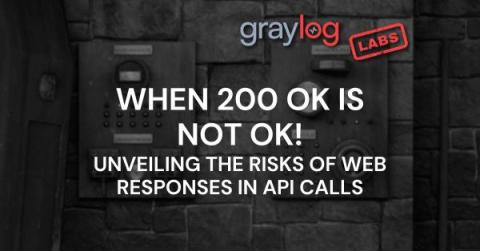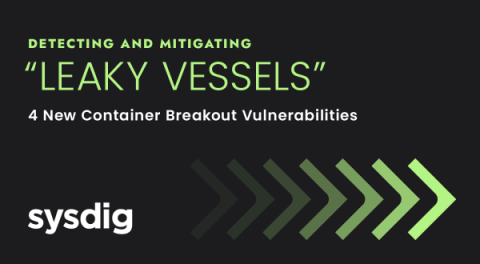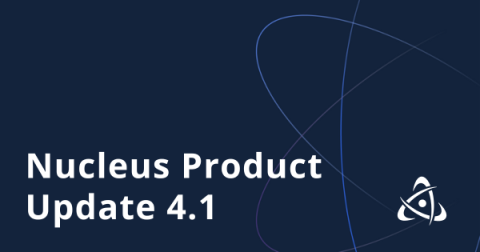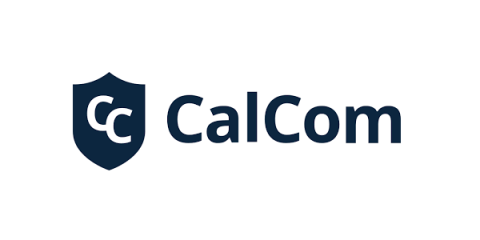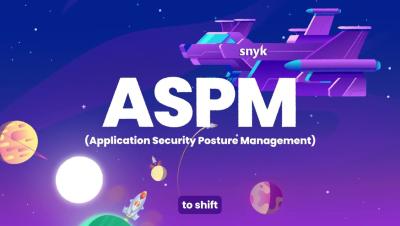When 200 OK Is Not OK - Unveiling the Risks of Web Responses In API Calls
In the ever-evolving landscape of cybersecurity, where the battle between defenders and hackers continues to escalate, it is crucial to scrutinize every aspect of web interactions. While the HTTP status code 200 OK is generally associated with successful API calls, there’s a dark side to its seemingly harmless appearance that often goes unnoticed.


